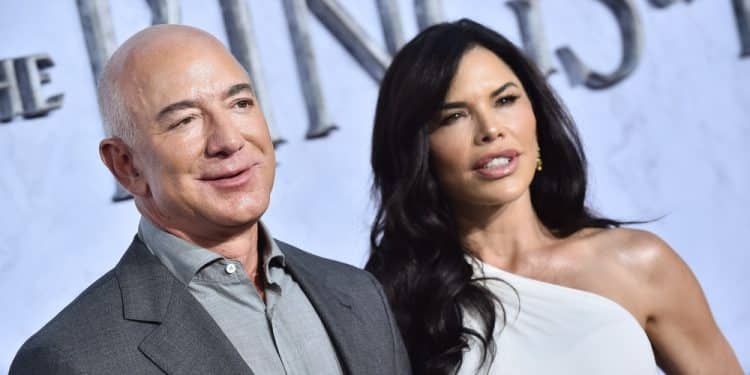Financial well-being doesn’t happen overnight—it takes smart habits, discipline, and the right mindset. The good news? Some of the world’s most successful people have already learned what works. From saving and investing wisely to avoiding debt, these financial lessons from famous people can help you take control of your money and build long-term security.
Why Financial Lessons From Famous People Matter
Billionaires, entrepreneurs, and finance experts didn’t achieve success by chance—they followed key money principles that anyone can apply. Whether you’re looking to improve your savings, grow your wealth, or develop a healthier money mindset, these expert-backed lessons can offer practical insights to strengthen your financial future.
1. Warren Buffett – Spend Less Than You Earn
“Do not save what is left after spending, but spend what is left after saving.”
Warren Buffett, one of the world’s most successful investors, has always emphasized the power of living below your means. He believes that financial security comes from smart spending, not just high earnings. His lesson? Always save and invest a portion of your income before spending on anything else.
How to apply it: Set up automatic transfers to your savings or investment account before budgeting for expenses.
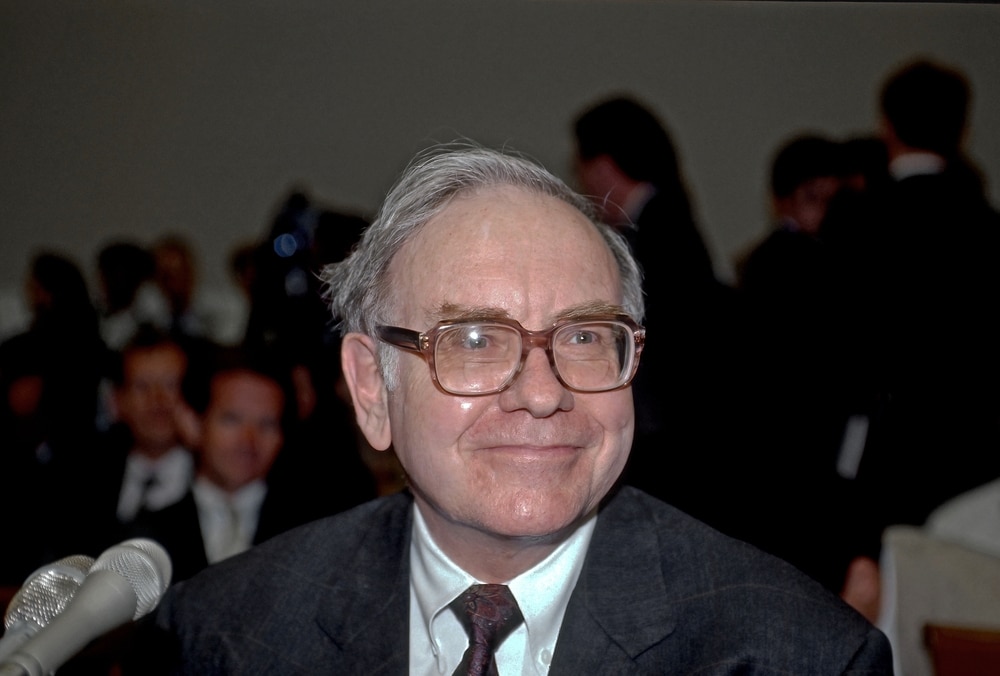
2. Oprah Winfrey – Pay Yourself First
“Be thankful for what you have; you’ll end up having more.”
Oprah’s journey from financial hardship to billionaire status highlights the importance of self-investment. She believes financial well-being isn’t just about money—it’s about making smart choices that build long-term security.
How to apply it: Prioritize saving and investing in education, skills, or opportunities that enhance your future income.

3. Dave Ramsey – Avoid Debt Like the Plague
“Debt is dumb. Cash is king.”
Dave Ramsey, a well-known personal finance expert, believes debt is one of the biggest barriers to financial freedom. He encourages people to avoid credit card debt and high-interest loans, emphasizing that financial peace comes from living within your means.
How to apply it: Focus on paying off existing debt and avoid unnecessary borrowing. If you must use credit, always pay the balance in full.
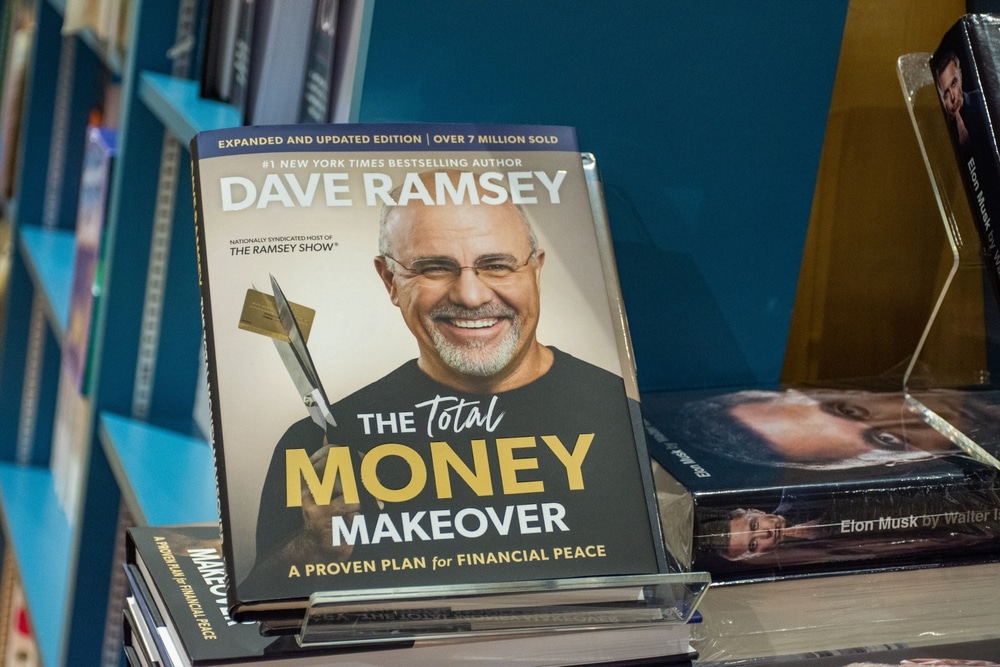
4. Suze Orman – Build an Emergency Fund
“The only way you will ever permanently take control of your financial life is to dig deep and fix the root problem.”
Suze Orman stresses the importance of having an emergency fund. Unexpected expenses, job losses, or medical bills can happen anytime, and having a financial cushion can prevent you from falling into debt.
How to apply it: Aim to save at least 3-6 months’ worth of expenses in a separate emergency fund.
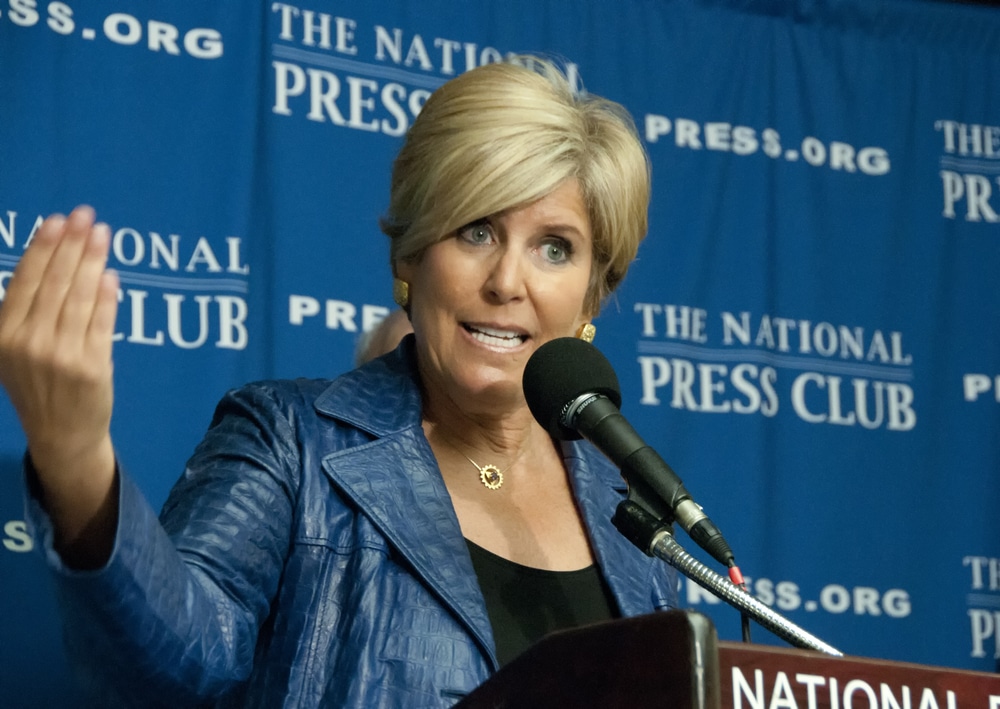
5. Mark Cuban – Avoid Credit Card Debt
“If you use a credit card, you don’t want to be rich.”
Billionaire entrepreneur Mark Cuban warns against relying on credit cards for everyday expenses. He believes that avoiding high-interest debt is one of the easiest ways to keep more money in your pocket.
How to apply it: If you use a credit card, pay it off in full each month. Stick to a debit card or cash for better spending control.

6. Jeff Bezos – Think Long-Term
“I always knew that there was a huge risk in starting Amazon, but I also knew that if I didn’t try, I would regret it.”
Jeff Bezos built Amazon with a long-term vision, prioritizing reinvestment over short-term profits. His lesson? Wealth is built over time, and the best financial decisions require patience.
How to apply it: Focus on long-term financial goals, such as retirement savings and investments, instead of quick gains.
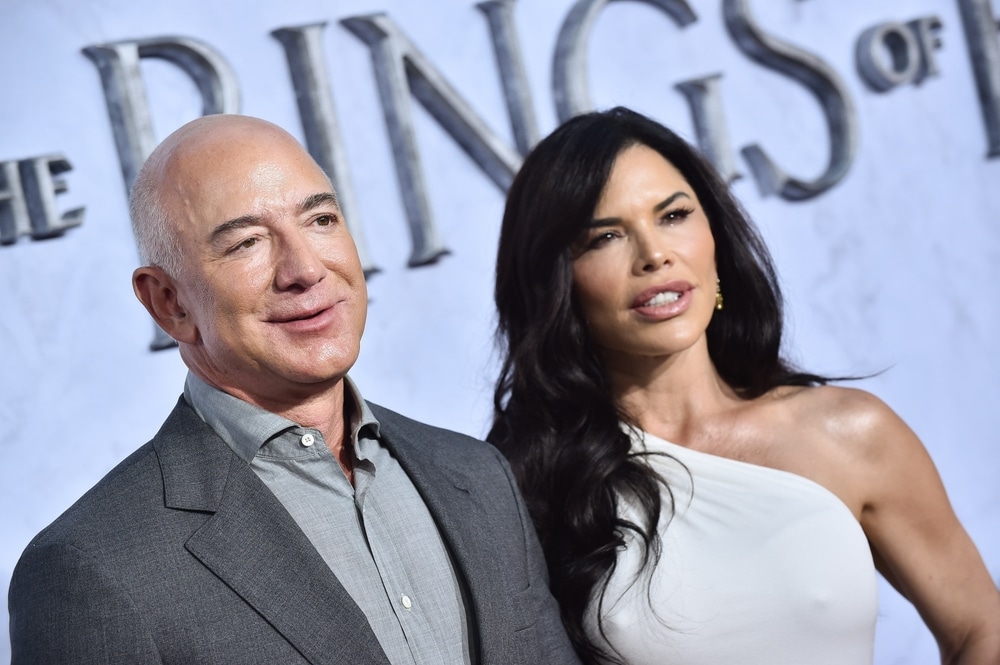
7. Tony Robbins – Diversify Your Investments
“The biggest mistake investors make is to believe that things will always go up.”
Tony Robbins teaches that spreading your investments across different assets helps reduce risk. No single investment is guaranteed to perform well forever, so diversification is key to financial stability.
How to apply it: Don’t put all your money in one stock or asset. Consider a mix of stocks, bonds, real estate, and other investments.
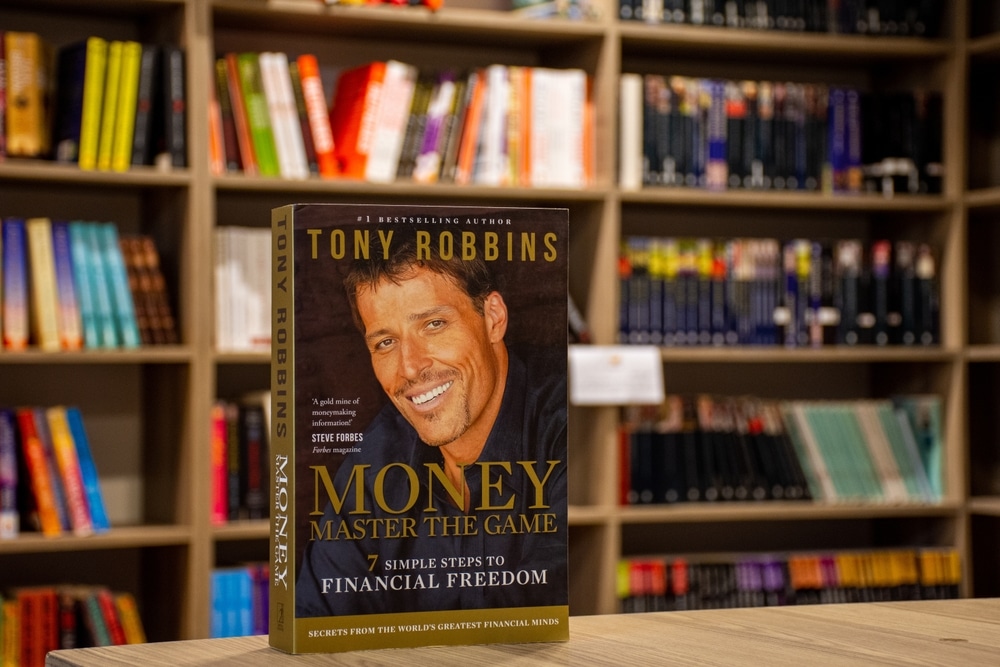
8. Kevin O’Leary – Never Let Emotions Control Your Money
“Don’t cry over money, it never cries for you.”
Shark Tank investor Kevin O’Leary believes that emotional decisions lead to bad financial outcomes. Whether it’s impulsive spending or panic-selling investments, he stresses the importance of keeping a level head.
How to apply it: Set clear financial goals and follow a plan—don’t let emotions drive your spending or investment decisions.
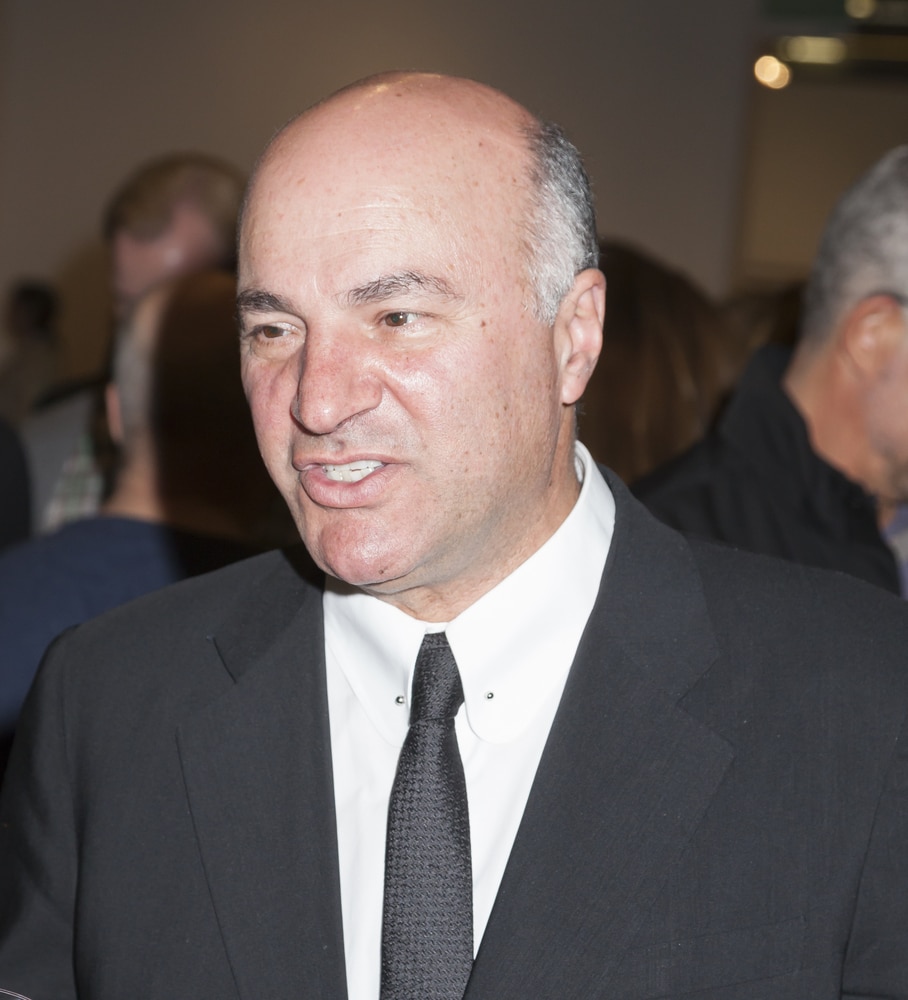
9. Jay-Z – Make Your Money Work for You
“I’m not a businessman, I’m a business, man.”
Jay-Z went from musician to billionaire by focusing on smart investments. His philosophy is about building wealth beyond just earning money—he believes in investing in assets that generate long-term financial security.
How to apply it: Invest in income-generating assets like stocks, real estate, or a business instead of just relying on a paycheck.

10. Barbara Corcoran – Take Risks and Invest in Yourself
“Don’t you dare underestimate the power of your own instinct.”
Barbara Corcoran built her real estate empire by taking calculated risks and trusting herself. She believes that financial success often comes from investing in personal growth and seizing opportunities.
How to apply it: Invest in learning new skills, starting a side hustle, or making career moves that can increase your earning potential.

5 More Smart Money Habits to Build Wealth
Beyond these financial lessons from famous people, there are other powerful habits that can boost your financial well-being. First, automate your savings—setting up automatic transfers ensures you consistently save without thinking about it. Second, track your spending to see where your money goes and find areas to cut back.
Third, invest early and consistently to take advantage of compound growth. Even small amounts can turn into significant wealth over time. Fourth, negotiate your salary and expenses—many people leave money on the table by not asking for better pay, discounts, or lower rates.
Finally, surround yourself with financially smart people—whether through books, podcasts, or mentors, learning from those who manage money well can shape your mindset. By adopting these habits alongside the lessons from successful figures, you’ll be on your way to greater financial security and freedom.
The world’s most successful people didn’t build wealth by accident. Their financial wisdom comes from experience, discipline, and long-term thinking. By applying these lessons to your own life—whether it’s avoiding debt, saving consistently, or investing in yourself—you can create a solid foundation for financial well-being.
Which of these lessons resonates with you the most?
